A great man is one who leaves others at a loss after he is gone
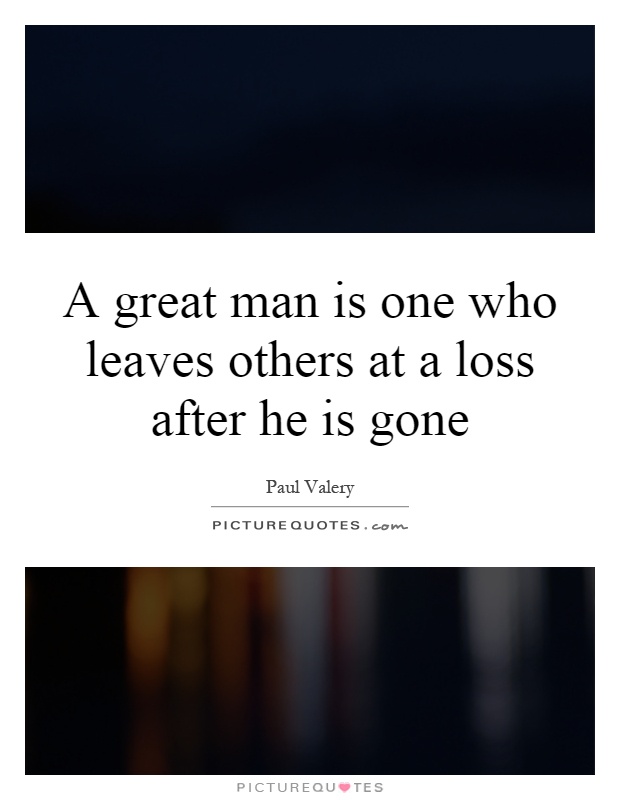
A great man is one who leaves others at a loss after he is gone
Paul Valéry was a French poet, essayist, and philosopher who is often considered one of the greatest minds of the 20th century. His works have had a profound impact on literature, philosophy, and art, and his ideas continue to influence thinkers and creators to this day. Valéry's legacy is one that has left others at a loss after he is gone, as he was truly a great man in every sense of the word.One of the reasons why Valéry is considered a great man is because of the depth and complexity of his ideas. His essays and poems are filled with profound insights into the nature of human existence, the power of language, and the role of art in society. Valéry was a master of language, and his writing is characterized by its precision, clarity, and beauty. His works are a testament to his intellectual curiosity and his relentless pursuit of knowledge.
Another reason why Valéry is considered a great man is because of the impact he had on his contemporaries and on future generations. Valéry was a central figure in the intellectual and artistic circles of his time, and he was friends with some of the most important thinkers and artists of the 20th century, including André Gide, Jean Cocteau, and Pablo Picasso. His ideas influenced a wide range of disciplines, from literature to philosophy to psychology, and his work continues to be studied and admired by scholars and artists around the world.
Valéry is considered a great man because of the lasting legacy he has left behind. His ideas continue to inspire and challenge readers, and his works remain as relevant today as they were when they were first written. Valéry's influence can be seen in the work of writers such as Jorge Luis Borges and Italo Calvino, as well as in the music of composers like Pierre Boulez and Olivier Messiaen. In this sense, Valéry truly left others at a loss after he was gone, as his ideas continue to shape the way we think about art, literature, and the human experience.
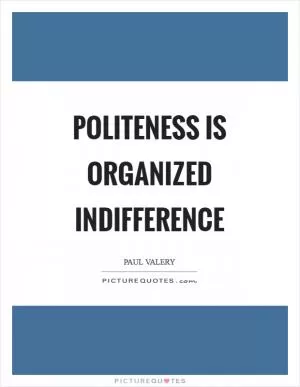
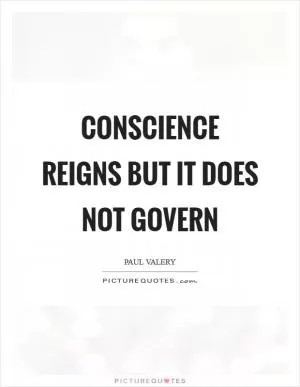
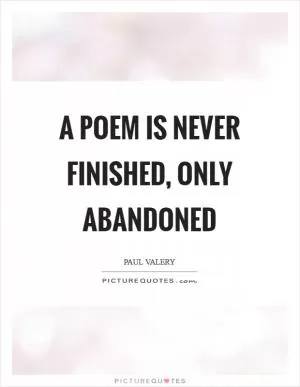
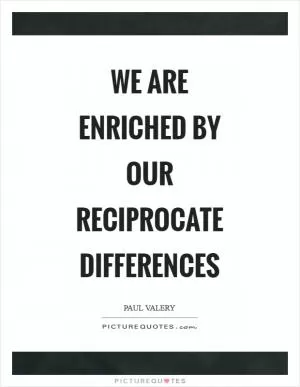
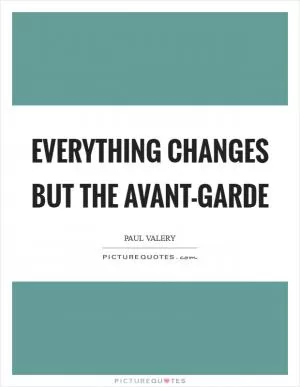

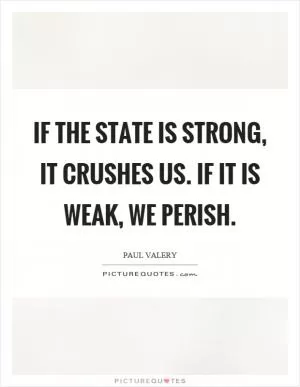
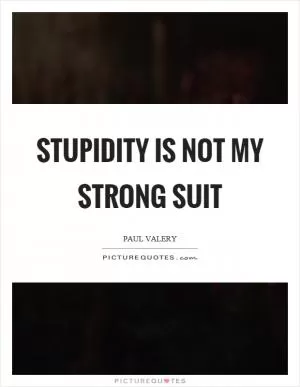
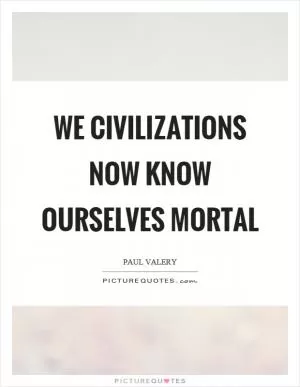
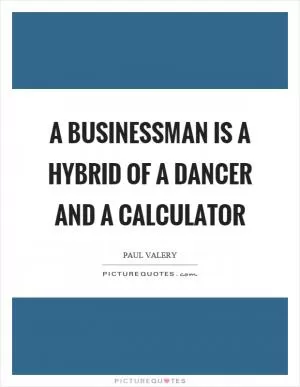
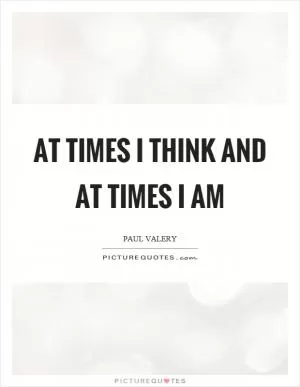
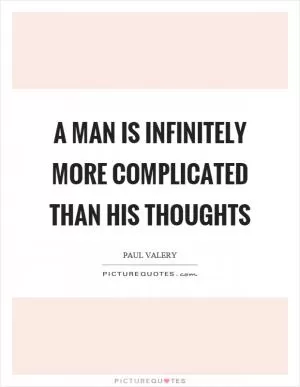
 Friendship Quotes
Friendship Quotes Love Quotes
Love Quotes Life Quotes
Life Quotes Funny Quotes
Funny Quotes Motivational Quotes
Motivational Quotes Inspirational Quotes
Inspirational Quotes